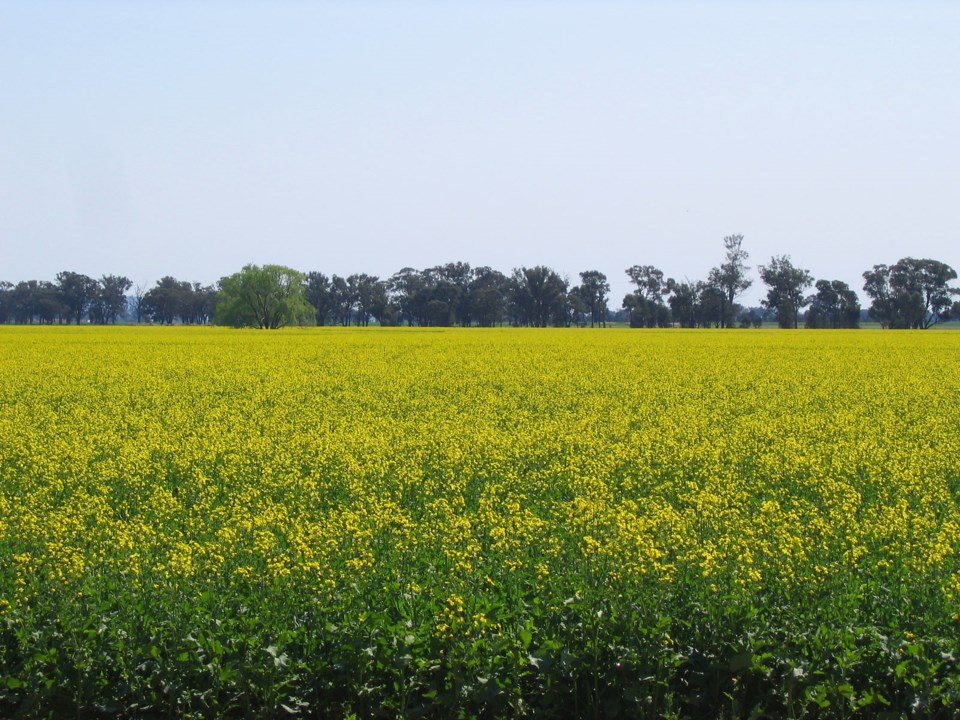A deal signed in a continent thousands of miles from Saskatchewan may have a big impact on canola-producing centers such as Yorkton.
On Mar. 8, 11 countries, including Canada, met in Santiago, Chile, to sign the Comprehensive and Progressive Agreement for Trans-Pacific Partnership (CPTPP). The deal is a reworked version of the Trans-Pacific Partnership (TPP), which nearly fell apart after America backed out of it last year.
The agreement, among many things, focuses on reducing tariffs between countries. Jim Everson thinks this aspect of the deal offers an exciting opportunity.
Everson is the president of the Canola Council of Canada (CCC). He thinks canola production companies can reap big rewards with the reduced tariffs on canola oil, seed, and meal.
“I think it’s really important.” he said.
Japan and Vietnam are two partners in CPTPP. Everson said these countries have an established rapport with Canada’s canola producers.
“We have a long relationship with the Japanese market,” he said.
Unfortunately, due to high tariffs, trade with Japan and Vietnam has been difficult, according to Everson. Now that these tariffs are being reduced, Everson sees a huge chance to increase the exportation of canola oil and seeds to these countries.
“Japan is a really valuable market,” he said. “It’s a good opportunity.”
Once the tariffs are lifted, CCC estimates Canada’s exports of canola meal and oil could increase by up to $780 million per year, which could greatly impact canola production plants, such as the one in Yorkton.
Going forward, Everson hopes tariffs on canola in other countries receive similar changes.
“Our goal in virtually all markets is to reduce tariffs,” he said.
Everson also hopes countries with tariffs can stabilize the rate of their taxes.
“It’s difficult [to invest] if tariffs are going up and down,” he said. “You’re looking for a predictabe tariff environment.”

